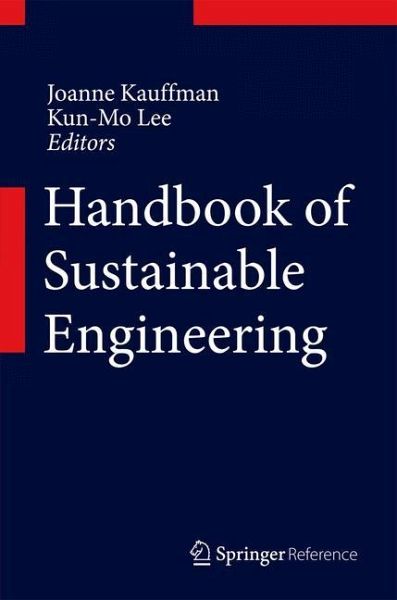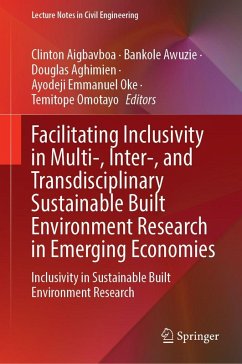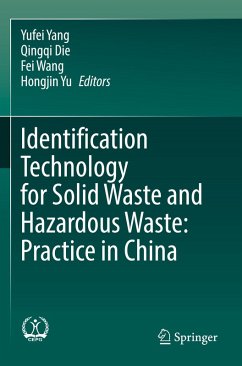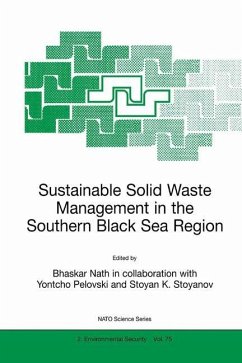
Handbook of Sustainable Engineering
Versandkostenfrei!
Versandfertig in 1-2 Wochen
383,99 €
inkl. MwSt.

PAYBACK Punkte
192 °P sammeln!
"The efficient utilization of energy, sustainable use of natural resources, and large-scale adoption of sustainable technologies is the key to a sustainable future. The Handbook of Sustainable Engineering provides tools that will help us achieve these goals".Nobel Prize Winner Dr. R.K. Pachauri, Chairman, UN Intergovernmental Panel on Climate ChangeAs global society confronts the challenges of diminishing resources, ecological degradation, and climate change, engineers play a crucial role designing and building technologies and products that fulfil our needs for utility and sustainability. The...
"The efficient utilization of energy, sustainable use of natural resources, and large-scale adoption of sustainable technologies is the key to a sustainable future. The Handbook of Sustainable Engineering provides tools that will help us achieve these goals".
Nobel Prize Winner Dr. R.K. Pachauri, Chairman, UN Intergovernmental Panel on Climate Change
As global society confronts the challenges of diminishing resources, ecological degradation, and climate change, engineers play a crucial role designing and building technologies and products that fulfil our needs for utility and sustainability. The Handbook of Sustainable Engineering equips readers with the context and the best practices derived from both academic research and practical examples of successful implementations of sustainable technical solutions. The handbook's content revolves around the two themes, new ways of thinking and new business models, including sustainable production, products, service systems and consumption while addressing key assets based on new materials, optimized resource management, and new energy sources. Contributions reflect a focus on state-of-the art insights into employing smart materials, recycling e-waste, water utilization, solar cells, product lifecycles, transportation and reverse manufacturing. Supportive of this, underlying issues such as engineering education, consumer behaviour and the regulatory climate complete the handbook's comprehensive treatment of the problems and most promising solutions.
Nobel Prize Winner Dr. R.K. Pachauri, Chairman, UN Intergovernmental Panel on Climate Change
As global society confronts the challenges of diminishing resources, ecological degradation, and climate change, engineers play a crucial role designing and building technologies and products that fulfil our needs for utility and sustainability. The Handbook of Sustainable Engineering equips readers with the context and the best practices derived from both academic research and practical examples of successful implementations of sustainable technical solutions. The handbook's content revolves around the two themes, new ways of thinking and new business models, including sustainable production, products, service systems and consumption while addressing key assets based on new materials, optimized resource management, and new energy sources. Contributions reflect a focus on state-of-the art insights into employing smart materials, recycling e-waste, water utilization, solar cells, product lifecycles, transportation and reverse manufacturing. Supportive of this, underlying issues such as engineering education, consumer behaviour and the regulatory climate complete the handbook's comprehensive treatment of the problems and most promising solutions.












